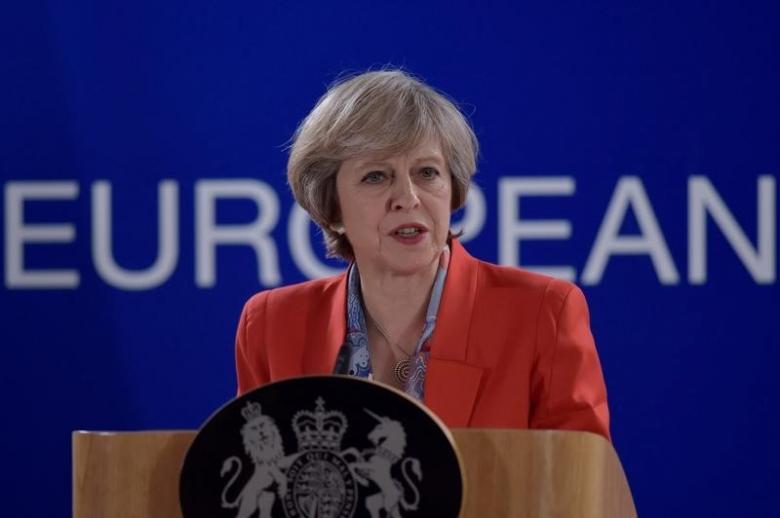
The UK Supreme Court ruled on Tuesday that Prime Minister Theresa May must get parliament's approval before she begins Britain's formal exit from the European Union.
The UK's highest judicial body dismissed the government's argument that May could simply use executive powers known as "royal prerogative" to invoke Article 50 of the EU's Lisbon Treaty and begin two years of divorce talks.
However, the court rejected arguments that the UK's devolved assemblies in Northern Ireland, Scotland and Wales should give their assent before Article 50 is invoked.
"The referendum is of great political significance, but the Act of Parliament which established it did not say what should happen as a result," said David Neuberger, President of the Supreme Court which ruled by 8-3 against the government.
"So any change in the law to give effect to the referendum must be made in the only way permitted by the UK constitution, namely by an Act of Parliament."
May has repeatedly said she would trigger Article 50 before the end of March but she will now have to seek the consent of lawmakers first, potentially meaning her plans could be amended or delayed, although the main opposition Labour Party has said it would not slow her timetable.
Last week May set out her stall for negotiations, promising a clean break with the world's largest trading block as part of a 12-point plan to focus on global free trade deals, setting out a course for a so-called "hard Brexit".
Th sterling initially rose on the news that the government had lost its appeal, but it then fell over half a cent to hit day's lows against the dollar and euro after the court ruled that Britain's devolved assemblies did not need to give their assent to triggering Article 50. Sterling last traded down 0.6 percent on the day at $1.2463.




